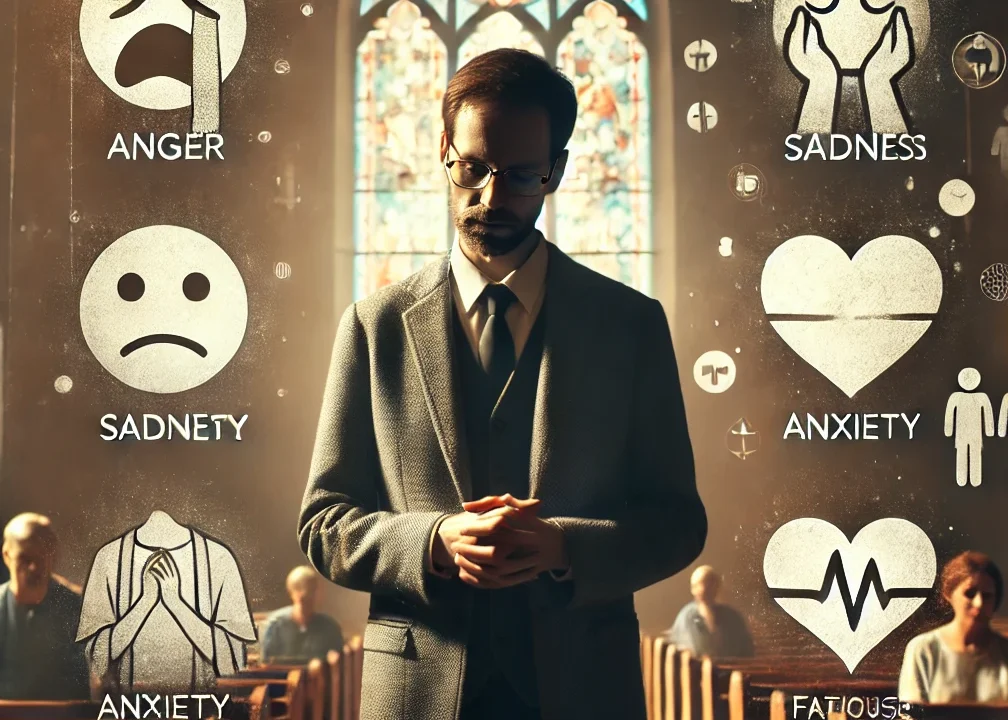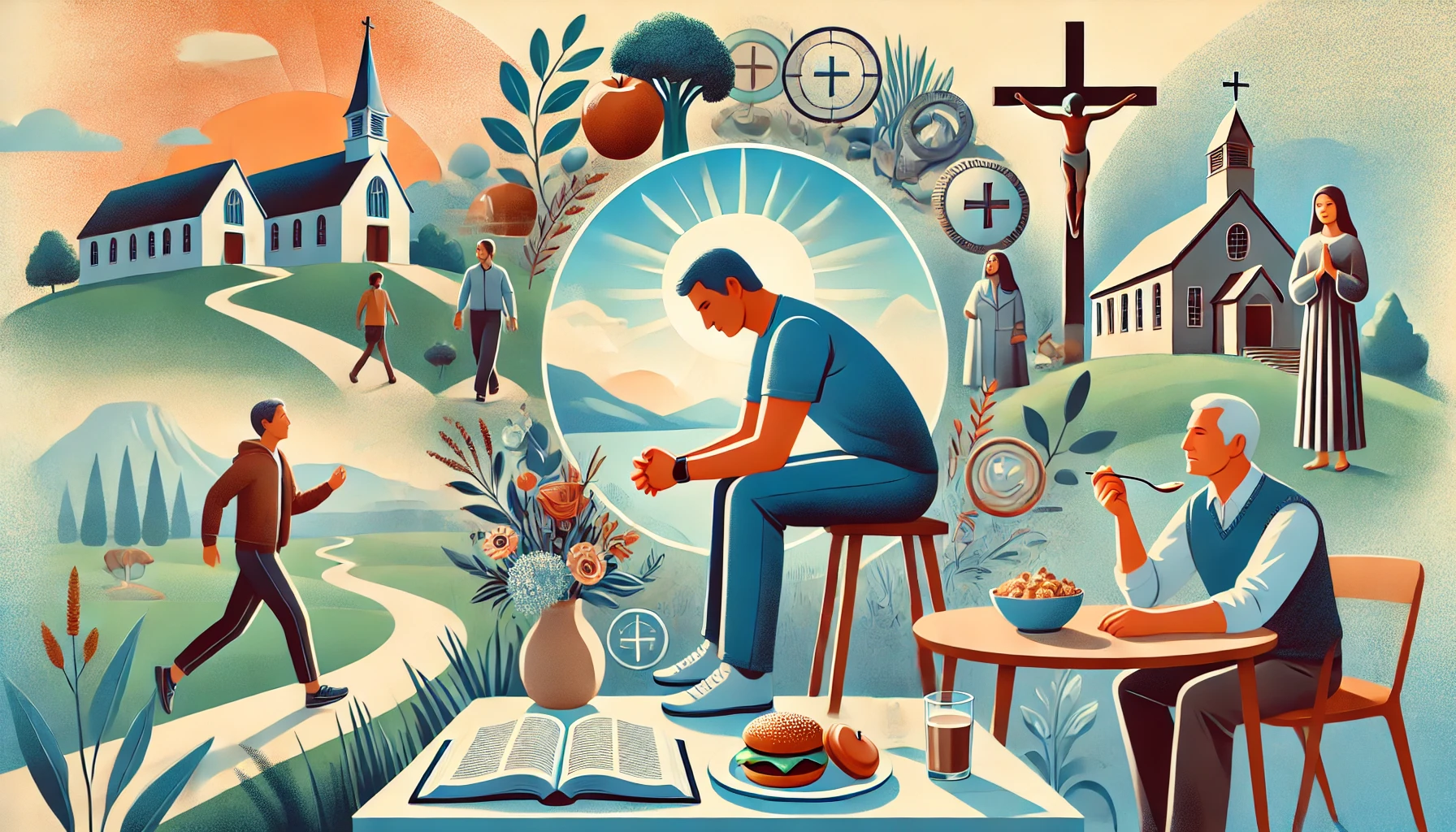Sexual Trauma: Sex After Assault, Molestation, or Rape
This article is based on scientific evidence and clinical experience, written by a licensed professional and fact-checked by experts.
Posted: July 10, 2020
Estimated reading time: 10 minutes
In This article

Have you experienced sexual trauma in your life? Many women are surprised to find out the kind of experiences that can negatively affect their sex life….
- The obvious: rape, molestation, incest, childhood sexual abuse
- The LESS obvious: peer bullying, Lewd comments/innuendo, being stared at, undressed with eyes, boyfriend or spouse comments, date rape/ sexual pressure, playing doctor…
Identify any of the above in your own story? In this article, we learn to recognize the impact of these events on your sex life and how to reclaim your body so you can enjoy sex!
Overcoming Sexual Trauma
If you have had negative emotional experiences associated with sexuality, this can significantly impact your sexual desire.
Examples of sexual trauma that might impact your sexual desire include:
- Feeling pressured by a boyfriend to have sex when you weren’t comfortable doing so.
- Being sexual in ways that left you feeling guilty or ashamed at an earlier time in your life.
- Having been touched or made to act in sexual ways as a kid that made you feel uncomfortable by friends, siblings, babysitters, a parent, or another adult.
- Sexual experiences that have been painful physically or emotionally.
- Being forced to engage sexually when you didn’t want to by any one, including your spouse.
- Exposures to pornographic materials as a kid.
- Even if the event was a long time ago and not violent – it can still have a BIG impact.
Frequently women I work with are surprised to discover that emotional associations created from these experiences are still affecting their sex life today.
Sexual Aversions
Aversions are actually a protective feature God has built into us, although operating in over-drive. It’s like when you eat a food and get food poisoning. Something about the unpleasantness of vomiting that food up through your nose leaves a lasting impression on you. Even if it was the flu and had nothing to do with the food, the experience will likely make you queasy around that food in the future. The smell of it alone can make you nauseous.
We call this a food “aversion”. It happens because our brain associates the negative emotional experience of being sick with the food. It then tries to help us stay safe by discouraging us from eating it again. There was a particular brand of pizza I used to eat a lot of that fell victim to this for the better part of a decade.
When this same sort of pairing happens with a negative emotional experience and something involving our bodies or sexuality, it can form a sexual aversion. This is where our brain tries to keep us safe by warning us to avoid anything that even remotely reminds us of sex.
What is Sexual Trauma?
If sexual traumas can result in sexual aversions it begs the question, what exactly is sexual trauma? Essentially sexual trauma is any negative emotional experience involving some aspect of our sexuality. Sexual traumas exist along a continuum from minor to significant, based on the impact on the person.
The significance of a trauma is measured based on the impact on the person, not necessarily the nature of the event itself. Although, when we think about traumatic experiences there are some that tend to result in a higher degree of traumatic significance than others as a norm. That being said, everyone is different. What one-person experiences as insignificant, another might experience as hugely impactful.
“It’s important not to judge what you “should” or “shouldn’t” be feeling in response to something. Instead be curious and observe what you are feeling. Believing you shouldn’t be feeling something doesn’t change the fact that you are, it just decreases the likelihood that you will care for the wound in ways that will heal it.”
Examples of Sexual Trauma
There is a broad range of experiences that can shape our feelings about sex and our sexuality. Many of them you might have never thought of:
THE MORE OBVIOUS ONES…
There are, of course, the events that you probably think of when you hear sexual trauma:
Stranger Rape
This is what you see in the movies, where the woman is jogging in the park and is grabbed by a masked man, pulled into the bushes, and raped under threat of bodily harm. While this certainly does occur and is extremely traumatic, it’s actually one of the least occurring kinds of sexual trauma.
Small Child Molestation
Another scenario that probably comes to mind is the woman who as a little girl is sexually touched or forced to perform sexual acts. This too is extremely traumatic and leaves emotional scars that have a great impact on one’s sexual relationship.
These are real scenarios and if they are part of your story, you probably have some awareness that they are impacting your feelings about sex and negatively impacting your sexual relationship. They are treatable and we can help you reclaim the sexual parts of your body and life.
But what if neither stranger rape nor molestation as a small child is part of your story? Is it possible to have experienced sexual trauma that impacts your feelings about sex?
LESS OBVIOUS FORMS OF SEXUAL TRAUMA…
There are a great many experiences a woman can have that impede her sex life. Here are some examples that we routinely come across in sex therapy:
Humiliation
Feeling humiliated around some aspect of your body or sexuality can be very traumatic, leaving you feeling insecure about your body and sexuality. These feelings of insecurity can lead you to avoid all things that trigger these feelings, like sex.
- Peer bullying – a teenage girl gets made fun of in the locker room for being “flat chested” or fat, or an ugly rumor is spread about her being a “slut” or that an ex-boyfriend said she was terrible at sex.
- Lewd comments/innuendo – an early blooming middle school girl has inappropriate comments made to her by boys at school or older adult men, perhaps a father, brother, cousin, uncle, family friend “prick tease”, “jailbait”, “asking for it” or other derogatory comments.
- Stared at, undressed with eyes – maybe it was an authority figure, teacher, coach, pastor, a relative who stared at you in a way that made you feel uncomfortable, like they were undressing you with their eyes.
- Text / Social Media – Maybe somebody posted a picture of you or spread it by text that you didn’t feel comfortable with or the comments made about it.
- Boyfriend or Spouse Comment – maybe a boyfriend or husband told you that you were “no good in bed”, were a “terrible lover”, “not sexually arousing”.
- Lack of Dating Interest – maybe no one asks you out on a date or to a dance at school, maybe the message was you’re not pretty, nobody wants to be with you, you’re not attractive.
- Body Development / First Period – Maybe you felt really self-conscious about developing breasts and curves, or started menstruation without good preparation from a parent, maybe you bled through your clothes at school. Or maybe your breasts are different sizes or your labia/vulva seem odd shaped or sized to you.
Trust Violation
Sex is an extremely vulnerable act, physically and emotionally. If trust has been violated in a significant way, this can create a wound that makes sex difficult.
- Date Rape/ Sexual Pressure – So you know the guy, maybe you’re even friends and really like him. He wants to have sex, you’re not ready for it. He insists or gets upset with you if you don’t want to. If you want to stay friends, if you want him to like you – you feel like you have to do something you don’t feel comfortable doing. Maybe you agree or maybe you just don’t kick and scream no. It still isn’t what you want and you get the feeling when it comes to sex, it doesn’t matter what you want. You might even feel this in your marriage.
- Peeping Tom – maybe somebody violated you by watching or looking at you sexually uninvited. Stranger or family member, it doesn’t matter. You feel violated.
- Predator – someone in authority, a female or male coach or a teacher, watched you, touched you, or just interacted with you in ways that felt uncomfortable to you. Maybe it was a child-care provider or babysitter.
Experimental Play
Sometimes, as kids and adolescence, we do things that are exploratory in nature that later in life we don’t know what to do with. These are consensual things that we might even initiate. We can have fears about what they mean about us. Sometimes we’ve never told anyone about these for fear of what they will think.
- Playing Doctor – As prepubescent (before puberty) kids we are curious about our bodies and the bodies of others. We play games that involve looking at (I’ll show you mine if you show me yours) each other’s bodies or touching each other out of curiosity. Sometimes we reenact things we saw on TV. Sometimes this is with kids our own age, sometimes younger or older. Sometimes it’s with kids of the same-sex sometimes it’s opposite sex.
- Sexual Body Part Stimulation – Even as kids our sexual nerve endings are developed and if stimulated will feel good (different than after puberty, but still good). This is true if they are stimulated by same-sex playmates or opposite, or even from being rubbed on an object, or up against a pet. Sometimes as a kid something happens that feels good, and we do it again. If it’s something taboo or odd from an adult perspective, we can have anxious feelings about it looking back as an adult.
- Body Violations – When our body is touched or violated sexually in some way, it creates negative emotions that can lead to aversions.
- Molestation – This often times is paired with trust violations. It can happen in the context of a trusted relationship: a father who touches his daughter sexually. The relationship may be groomed over many years, whereas a young girl she doesn’t question her daddy’s love for her, so when he “teaches” her something “special” to be “just between them” she doesn’t think anything about it. It might even continue for years, and she might feel guilty because her body responds sexually to the stimulation, so she questions, “maybe I want it to happen”. Sometimes the attention and even sensations in the body feel good, so maybe you engage a babysitter or older neighbor kid to repeat something that has happened.
- Groping – maybe kids at school took the liberty to grab your breast or butt, or drunk guys at a party, leaving your body feeling violated.
Immature Choices
Sometimes during rebellious/immature periods in our life, we can engage in sexual choices that we are extremely embarrassed about and ashamed of at later periods in our life. These choices leave us associating all things sexual with a perversion of our sexual choices during this season. Now sexual situations with our spouse trigger memories of choices we regret.
- Multiple Sex Partners – Perhaps there were lots of drunken one night stands, waking up with someone you didn’t know. Maybe there were multiple partners at the same time. Maybe there were blowjobs and hand-jobs, and risks of STD’s. Same-sex or opposite sex.
- Party Girl – Could be a sorority situation or just an immature need for the attention and acceptance.
- For money – stripping, sexual favors for gifts or dinner, or for money.
Physical Pain
If sex is unpleasantly painful for any reason the brain can associate that pain with all things sexual, creating aversions from all things sex-related.
This list is far from exhaustive, but I hope it gives you some insight into the variety of different situations that can create emotional or physical trauma that can get in the way of a healthy sexual relationship. Add fear or physical pain to any of the above situations and it amplifies the traumatic nature of them.
How to Heal Your Sex Life from Sexual Trauma
There are two phases of healing your sex life from sexual trauma. The first is the trauma work, where you work through the negative emotional and psychological impact of the traumatic experiences. The second is sex therapy to build positive associations with your body and sex, so you can enjoy sharing a healthy sex life with your spouse.
PROFESSIONAL HELP
It’s likely that you’ll need to work with a sex therapist with experience treating sexual trauma. Treating sexual trauma can be complicated and you want to work with someone that has traveled this road with others. While many counselors have experience with trauma treatment, not many have experience in sex therapy. In counseling, trauma treatment and sex therapy are separate disciplines. Having experience in one doesn’t necessarily mean having experience in the other.
Working with a clinician that has experience in both is ideal. This isn’t always possible though, as they can be difficult to find. You may find yourself working through the trauma phase of the work with a local counselor and then either pursuing self-help or online sex therapy counseling to address sexual difficulties.
SEXUAL HEALING SELF-HELP
Sexual aversions can be tricky to treat. You should be patient with yourself. The best self-help resource I know of for working through sexual trauma to heal your sex life is Wendy Maltz’s Sexual Healing Journey. Wendy does a great job talking through different kinds of sexual trauma and how it impacts a person emotionally and sexually.
Below are two YouTube video’s produced by Wendy where clients share their experiences working through Wendy’s program. The first one is of couples sharing their experiences along the journey. The second demonstrates the touching exercises that are a part of the relearning touch exercises in the book. I would recommend ordering the book and watching the videos while you wait for it to arrive.
You Can Do This!
I applaud your courage just reading this article. Spending any time thinking about these things brings up uncomfortable emotions. Know that many women have experienced the unfortunate things you have been through. They have, as you can, found healing. If our team can be a help to you on that journey, it would be our honor to do so.
Back to topThis article is based on scientific evidence and clinical experience, written by a licensed professional and fact-checked by experts.
About the Author

Josh Spurlock
Josh Spurlock MA, LPC, CST, has a BA in Biblical Languages and a Masters in Counseling. He is a Licensed Professional Counselor (LPC), holding licenses in Missouri, Colorado, and Florida. He is also a Certified Sex Therapist (CST), Level 2 AEDP Therapist, and an Ordained Minister. He is an Advanced Practice Clinician, with over 10,000 hours of clinical experience. He specializes in Marriage Counseling, Sex Therapy, Family Counseling, and works with Executives, Pastors, Business Owners, and Ministry Leaders. Learn more about Josh Spurlock at JoshSpurlock.com.
Josh is currently unable to take on any new clients.
Learn More About JoshIn This article
References
- Barnes, M. F. (1995). Sex therapy in the couples context: Therapy issues of victims of sexual trauma. The American Journal of Family Therapy, 23(4), 351-360.
- McCarthy, B. W. (1990). Treating sexual dysfunction associated with prior sexual trauma. Journal of sex & marital therapy, 16(3), 142-146.
- Maltz, W. (2002). Treating the sexual intimacy concerns of sexual abuse survivors. Sexual and Relationship Therapy, 17(4), 321-327.








